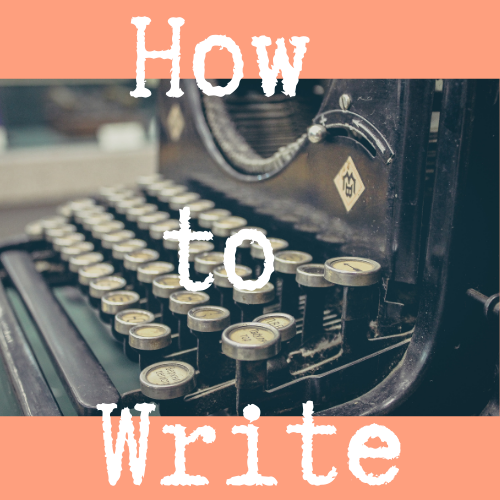I just watched _The Social Dilemma_ on Netflix. A lot of people have recommended it to me, with a sort of fervor; the people recommending it had fear in their eyes.
What got me to watch it was a recommendation from someone a bit skeptical of it. This person said, "It's something to think about. I'm not sure what I think, yet." I liked this approach, and after a day that wore me out because I was on my phone doing social media work (literal work to promote my businesses, because social media is "free"), and when I felt so much better to walk out of the house and help my husband with gardening (the fine weather helped) I made the connection that being out in nature and interacting with an actual human in front of me was key to my happiness, at least for that day.
So this morning, after a hard weekend of not a lot of sleep, I slept until I woke up without an alarm, and made coffee, read the news (on social media!) and decided I would watch it because my brain power was low, and I was mildly interested.
The "dramatic documentary" started, and I was immediately questioning their music choices. Sinister, foreboding music accompanied the introduction, and it carried through the whole thing. I tried to employ critical thinking skills throughout the program, and I think I did ok. I have thoughts.
My first thought, of many, after about 10 minutes of the show was, "People need to turn off their notifications on their phones." I did this a million years ago when the automatic email notification was dinging non-stop. Then came my phone. Then came disabling the vibration feature for the silent mode. I love my Apple watch for many reasons, but one of the best is that I can be alerted to text messages from family or close friends, while teaching, silently.
Another thought I had was, "Dang, we really are an ancient species." We are, as humans, just ancient. Our brains have not had to change their development for millenia (the program mentions this). Social media manipulates the parts of our brain that crave recognition and release dopamine. Anybody who has described themselves "addicted to TikTok" understands this.
There were so many thoughts going on in my head, but humans being ancient and turning off notifications were the messages that I carried with me. I did feel smug when, at the end of the show during the credits, they asked the experts previously interviewed what their advice would be, and they had a montage of nearly all of them saying, "Turn off all notifications on your phone." It's a simple message, but I suppose it's difficult for a lot of people to do.
I don't know if it's right or wrong, but I like to live my life in a very black-and-white fashion. I tend to be a rule follower, and as I get older, I can see shades of gray in different perspectives. It's easier to live in a black-and-white, good v. bad way, I suppose, without seeing nuance. Are we better served to look at life this way? It helps to give my life structure; I do these things, and not other things, because these things make my life better and those things make my life worse. Coffee makes my life better; alcohol makes it worse.
So what of social media? I use it because it's how I promote my business, and I have control over the message I promote. I can interact with my vast audience of readers and hopefully they will support me. Is that inherently bad? Inherently good?
Following the recommendation of _The Four Agreements_ by Don Miguel Ruiz has helped me immensely in my life, and I think if everyone followed it, they would be as bad on social media at promoting business as I am, because I don't take anything personally, and I don't gossip, I tell the truth (which is boring to most people) and I always do my best, Goody Two-Shoes that I am. The "bad" parts of social media, promoted in _The Social Dilemma_ require that humans give in to their ancient brains, the lizard parts of their brains, and do what it takes to get that hit of dopamine, to seek out approval, to base our opinions on the opinions of others. Is this right? Wrong? Is it within our control?
Exercising self-control is at the heart of what the program indicates is the big failing of big tech; the inhumane approach to manipulating human reactions to what we see, and farther than that, knowing what we can or will control in our lives.
The show is overly dramatic, but worth a watch, as it will probably give you thoughts, and I think that's a good thing. Let me know what you think, in the comments, and we can continue the conversation.

